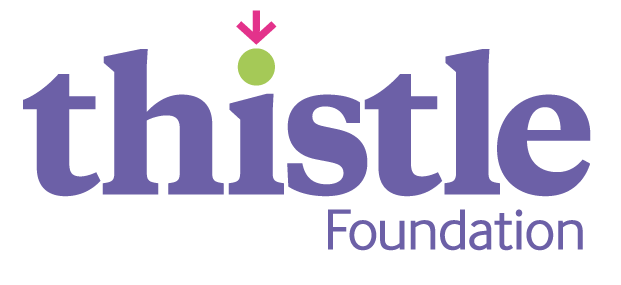Thistle’s response to National Care Service announcement
The National Care Service Bill has been in draft for three years. It was billed as ‘the biggest public sector reform since devolution’ and followed an independent review of adult social care in Scotland led by Derek Feeley which made a series of recommendations shaped by the experiences and contributions of people, groups and organisations who have experience of social care.
Mark Hoolahan, Chief Executive at Thistle Foundation said, “Next month it will be four years since Feeley’s report into the review of social care was published. This is a report that was supposed to mark a step change in how we approach social care in Scotland. We – people we support, our workforce, organisations like Thistle and the whole of Scotland – continue to be let down as the required investment in social care and reforms called for by the independent review continue to be delayed.
“I welcome the Minister’s announcement of a National Care Service Advisory Board that will have lived experience at its core and will support decision making and reform. However, the social care sector is on its knees; what we need is investment and change, now. I noted in her speech, the Minister highlighted paying social care workers the Real Living Wage. This is nowhere near enough and why we have real issues in recruiting and retaining the best people for this skilled role and providing consistency of support for people. It is outrageous that non-profit social care workers are paid less than that of their counterparts in the NHS - they need parity now, not at some unspecified point in the future. The Scottish Government needs to show our workforce that we value the skilled role they have in supporting people in our communities to live good lives, by paying the real living wage plus 10% as asked for by the Coalition of Care and Support Providers Scotland (CCPS) members.
“I’m proud to work alongside 350 colleagues who support people to live lives of meaning and purpose. We support people to contribute to their community, they are family members, friends, neighbours; they are people who often volunteer, are in paid employment, education and sometimes carers for other family members or support others in their community. They have choice and control over their lives. That’s what adds to the wellbeing and resilience of our communities and from a wider healthcare perspective, it’s what contributes to preventing people from needing to access other services such as GP and hospital services.”
